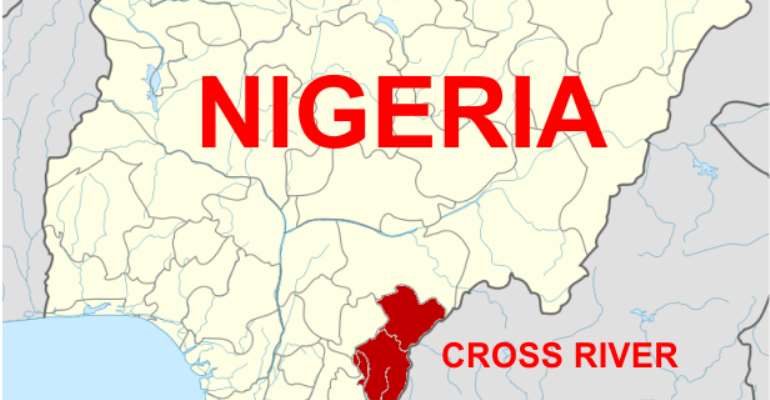World Bank Director Praises Cross River Over Project Implementation

SAN FRANCISCO, January 16, (THEWILL) – World Bank Country Director, Marie Francoise Marie-Nelly, has described Cross River State as a model in the implemention of the Bank's projects and programmes in the country because of its approach to governance.
Marie who was represented by the Team Leader, Nigerian Erosion and Watershed Management Project (NEWMAP), Mr. Amos Abu, said the Bank was delighted to be associated with the state because, “It has a very formidable and fit for purpose project management unit that has continued to set the pace for best practices in the implementation of our projects in the country.”
According to her, the N4.2 billion World Bank, Food and Agriculture Organisation, Federal Government and Cross River State Government jointly funded NEWMAP which is intended to reduce vulnerability to soil erosion will cover Atakpa, Nyahasang, Edim Otop, Ikot Ekpo, and Ikot Awatim erosion sites in Calabar.
The Bank boss disclosed that the successes recorded in the state was made possible by the enabling environment created by Governor Imoke, saying “Cross River State is the leading state in the implementation of this project and this would not have been possible but for your visionary leadership and support to the project.”
According to her, “It was actually Cross River State's effort that triggered the effectiveness of this project in Nigeria and we must commend you Your Excellency for this modest and lofty accomplishment.
“Your Excellency, we are very grateful in that as of today, we have not received any complaint of government interference in any of our projects in the state. We thank you most sincerely because we are confident that this best practice will continue.”
Also speaking at the occasion, World Bank Senior Watershed Management Specialist, Mr. Grand Mine, expressed delight at the “very impressive results in the implementation of NEWMAP is the state.”
According to Mine, “The design is very different, we are trying to build on best practices and lessons learnt from our global experiences with this kind of issue.”
“In essence, we are trying to demonstrate an integrated and holistic approach with the full participation of the community rather than just focusing on the gully restoration and engineering works, we are complementing that with physical works and vegetation rehabilitation for sustainability.”
Responding, Governor Liyel Imoke pointed out that, “The key to the success of any project is usually the people behind the project and the team that is working on the project.” He said “for us to expect some successes and sustainability when you exit and the team does not remain, there must be a buy-in from the people.”
Imoke advised that “there must be some sort of agreement in place to ensure that the implementing team is not subjected to the day to day vagaries of the civil service. Capacity must be built and personnel trained should be allowed to remain with the project to ensure its sustainability.”
He also said: “There is need to work with civil society organisations and other stakeholders in the local environment where these projects are being executed to build their capacity, create understanding of watershed management and its impact to ensure sustainability because a lot of erosion sites are man-made and this will help prevent future occurrence.”
